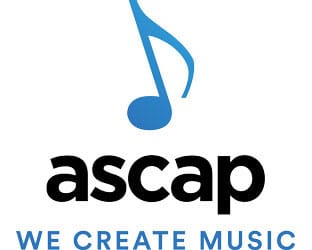
 The American Society of Composers, Authors and Publishers reached a settlement with the DOJ regarding allegations that it violated a court-ordered consent decree designed to prevent anticompetitive effects from licensing music performance rights. As a result, ASCAP will pay $1.75 million, reform some of its licensing practices and adopt a better compliance plan.
The American Society of Composers, Authors and Publishers reached a settlement with the DOJ regarding allegations that it violated a court-ordered consent decree designed to prevent anticompetitive effects from licensing music performance rights. As a result, ASCAP will pay $1.75 million, reform some of its licensing practices and adopt a better compliance plan.
The consent decree has been in effect since 1941 when the U.S. government sued ASCAP for price fixing. The Department of Justice has been reviewing the consent decrees under which ASCAP and BMI have been operating.
The court order prohibits ASCAP from interfering with members’ ability to license their songs directly, yet the DOJ said ASCAP signed about 150 contracts with songwriter and publisher members that made ASCAP the exclusive licensor of their performance rights.
ASCAP said the exclusivity provisions were included in some “historical agreements” with members and were never enforced; it says those have now been removed from all contracts.
The DOJ’s other concern was a conflict of interests of the music publishers on ASCAP’s board which are ASCAP customers when the organization licenses their performance rights and ASCAP competitors when they want to license their rights directly. ASCAP has agreed to stop publisher board members’ involvement in its licensing activities.
The settlement ends this review and the agreement maintains the current ASCAP board structure of 12 songwriter/composer seats and 12 music publisher seats elected by members. Board members will not take part in approving new license agreements.
“By blocking members’ ability to license their songs themselves, ASCAP undermined a critical protection of competition contained in the consent decree,” said Principal Deputy Assistant Attorney General Renata Hesse, head of the Justice Department’s Antitrust Division. “The Supreme Court said that ASCAP’s consent decree is supposed to provide music users with a ‘real choice’ in how they can access the millions of songs in ASCAP’s repertory — through ASCAP’s blanket license or through direct negotiations with individual songwriters and publishers. Today’s settlement restores that choice and thereby promotes competition among the songwriters, the publishers and ASCAP. This settlement also sends an important message to ASCAP and others subject to antitrust consent decrees that they must abide by the terms of the decrees or face significant consequences.”
Settling was the right way to go, says ASCAP CEO Elizabeth Matthews: “With these issues resolved, we continue our focus on leading the way towards a more efficient, effective and transparent music licensing system and advocating for key reforms to the laws that govern music creator compensation.”
With the settlement in place, ASCAP and the DOJ can continue their discussions in connection with consent decree updates ASCAP asked for “to reflect today’s digital music marketplace,” said the organization.
The ASCAP board approved the settlement and now the ASCAP Federal Rate Court Judge must do so.




